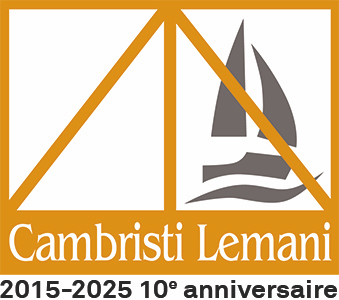| MY SKILLS |
- I can read music and have basic technical skills.
- I am starting to explore chamber music repertoire.
- I can sight-read simple pieces slowly.
|
- I play with a decent tone.
- I am comfortable at moderate tempi.
- I am peripherally aware of other parts.
- I can sight-read at a moderate tempo but slow down the hard sections.
|
- I play with a pleasant tone.
- I can get back in when lost.
- I can sight-read near concert tempo, except in difficult technical passages.
- I am aware of other parts and try to match them.
|
- I play with a beautiful tone.
- I can play quickly and cleanly in difficult keys and with key/tempo changes.
- I am a strong leader.
- I can sight-read all passages cleanly at concert tempo (except pianists).
- I have keen awareness of other parts and know exactly how they fit.
|
- I am conservatory trained.
- I play with a finely nuanced tone.
- I can play most difficult passages with finesse at performance tempo.
- I use high-level technique.
- I can sight-read all passages cleanly at concert tempo, with phrasing.
- I could likely play all others’ parts if asked.
|
| MY CHALLENGES |
- Often I must slow down in faster or more technical passages.
- Sometimes I get “tangled” in my own part.
|
- I need to slow down in hard sections.
- I tend to get absorbed in my own part.
|
- The hardest passages sound messy if I take them too fast.
- My phrasing is sometimes choppy.
|
- I want to develop a cohesive group sound and wider range in tone color.
- I need to fine-tune my intonation.
|
- I am out of the habit of playing for enjoyment.
- I am self-critical.
|
| MY GOALS |
- To play with fewer stops.
- To listen more to the group,
- To learn to lead.
|
- To listen more to others,
- To improve leading ability,
- To develop the technique for complex passages.
|
- To play with more nuance.
- To match my articulation with the group’s.
- To improve my tone and phrasing.
|
- To convey a convincing interpretation.
- To expand my arsenal of tone colors.
- To refine attention to detail.
|
- To play more for enjoyment.
- To inspire others.
- To coach chamber music.
|
|---|

